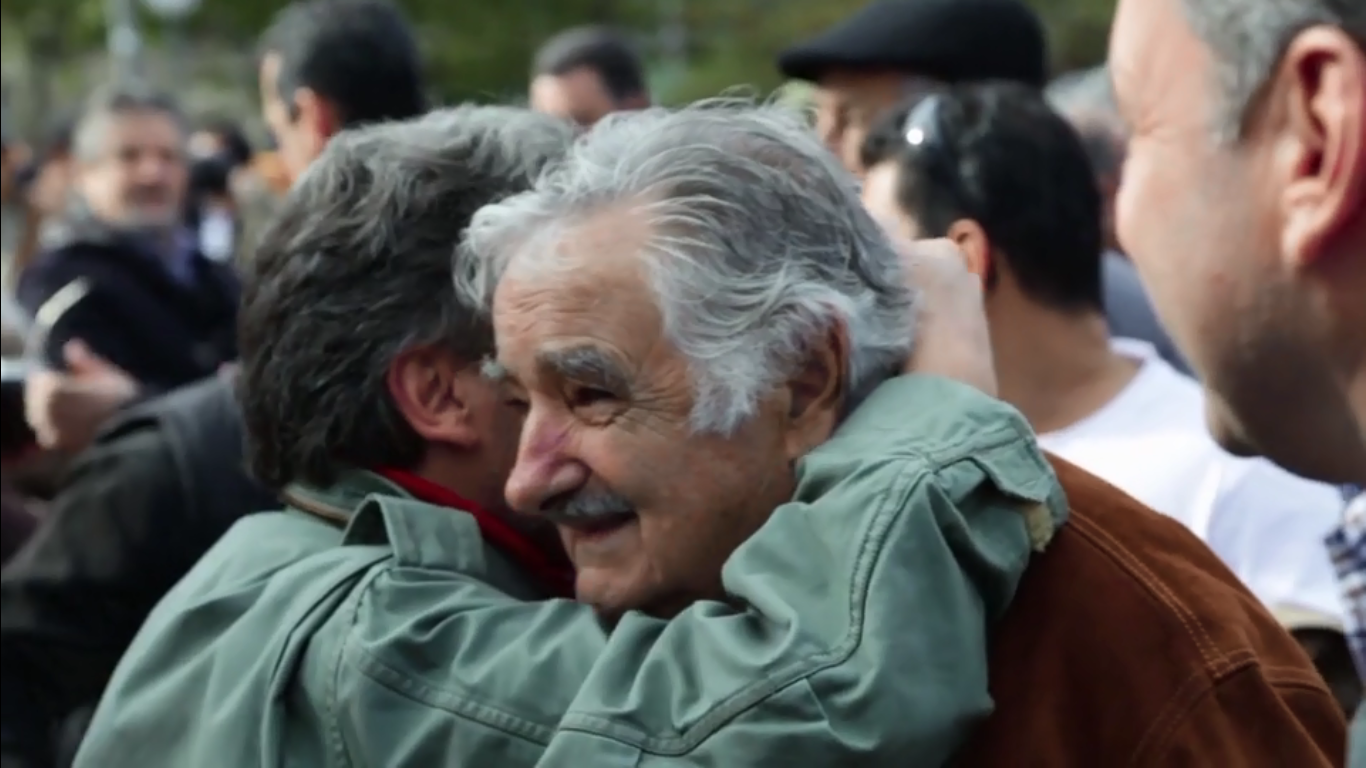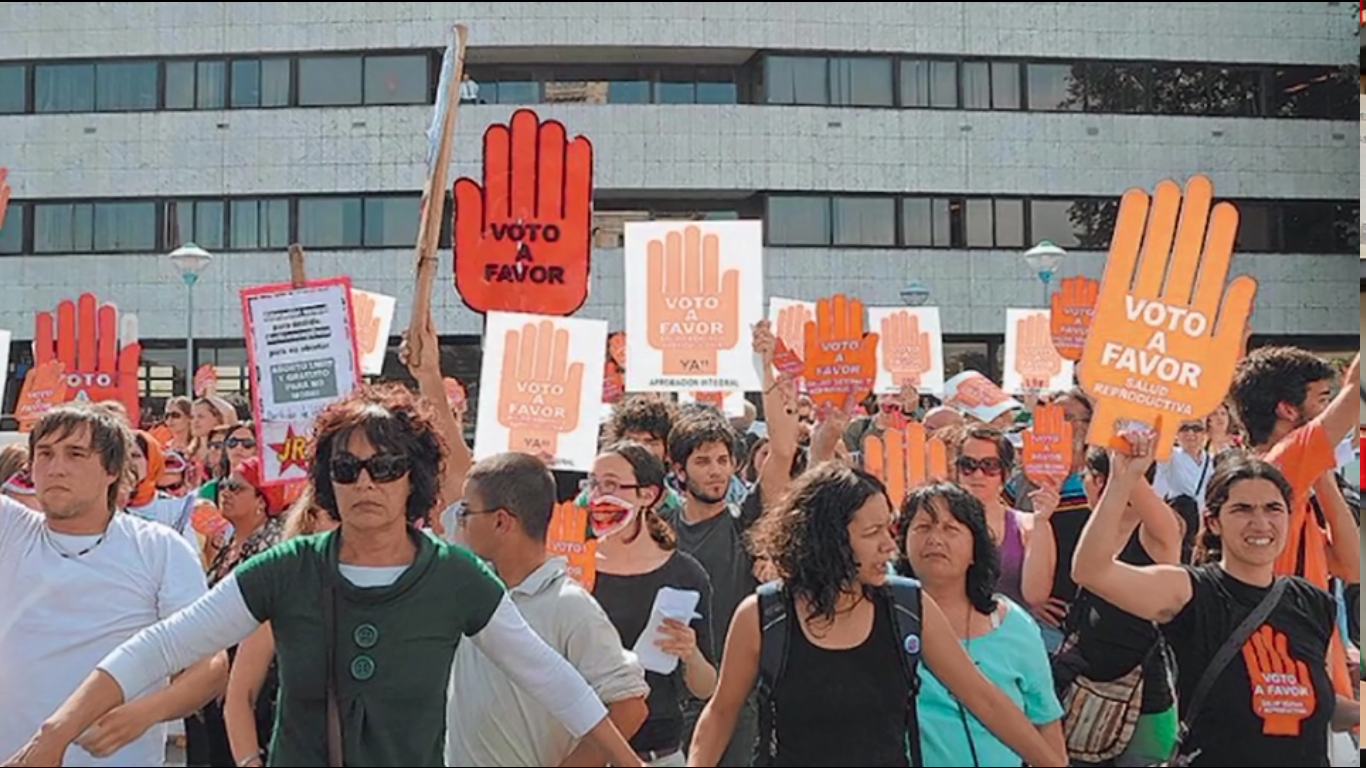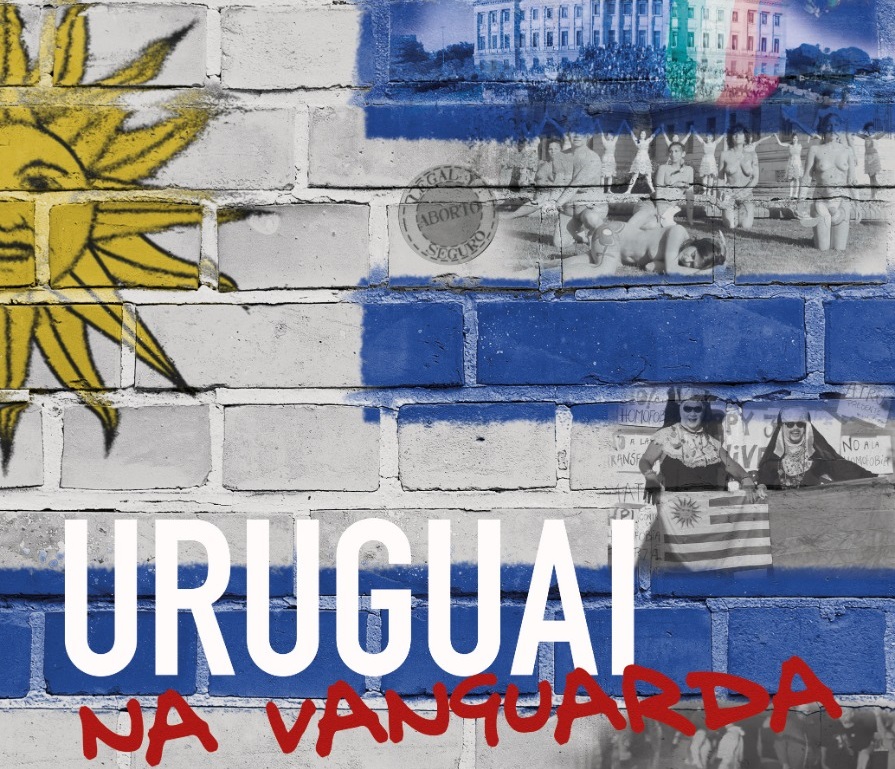RIO DE JANEIRO, BRAZIL – ‘Uruguai na Vanguarda’ (“Uruguay in the Vanguard”) shows the history behind the social and political breakthroughs that caused José “Pepe” Mujica‘s country to be called the “Switzerland of the Americas”.

Guarantee of labor rights, quota systems, gender equality, political recognition of sexual diversity, equal marriage, abortion, regulation of the use of marijuana – all these achievements by the Uruguayan people in the last 30 years are part of the documentary “Uruguay in the Vanguard”. The Urbano Filmes production is directed and produced by Marco Antonio Pereira.
With the participation of political and social scientists, historians, activists, educators, politicians and artists, the film goes back to the roots of the movements that have placed this small South American country in the forefront of social justice in the 21st century.
No historical process comes about suddenly. The testimony collected by Marco Antonio Pereira goes back to the “Battlist” reforms of the first half of the 20th century when a lay state was established in Uruguay and the foundations of a reformist and progressive society were created. The civil-military dictatorship established in 1973, which lasted 12 years, interrupted this process but created a ballast of resistance that would flourish in social movements from the mid-1980s onward.
It was then that various groups of protesters began to coordinate and strengthen one another, encouraged by the electoral victory of the leftist “Frente Ampla” in 1990. The way was paved for the future governments of Tabaré Vasquez (2005-2010 / 2015-2020) and José Mujica (2010-2015). The social movements finally took their causes from the streets to the political power agendas.
Uruguay in the Vanguard addresses every important aspect of this beautiful history of social triumphs. It emphasizes the participation of women in the end of the dictatorship and the decriminalization of abortion. It highlights the role of young people in the liberation of the controlled use of marijuana. It emphasizes the place of “candombe”, the traditional rhythm of African drums, in the resistance against authoritarianism and in the struggle against disguised racism in a country that represses its Afro-descendent population.

Through multiple-focused viewpoints, the film also discusses Uruguayan national identity. The film talks about a country that claims to be “European”, domestically peaceful and internationally advanced, but also contradictory and with a wealth of hypocrisy. In other words, neither heaven nor hell.
The practical uselessness of some laws is also criticized, as they only benefit small portions of society, or burden citizens with demands to the point of discouragement. Vanguard has a price, and in the case of Uruguay, this price is to continue fighting for the extension of rights and for more participative forms of democracy.
Uruguay in the Vanguard seasons its historical analysis with poetic views over Montevideo, its squares and streets, either quiet in everyday life, or beating with the pulse of frequent political acts. A point in the city that merits special attention is the old “Medio Mundo” tenement, in Barrio Sur, considered the cradle of candombe. Its residents were displaced by the dictatorship in 1978, and the site is now a soulless replica. But the drums have never been silent.
The documentary’s soundtrack combines hits by Ana Prada and other Uruguayan composers, including milongas and candombe.
About the Director
Marco Antonio Pereira (Rio de Janeiro, 1962) is the founder and director of Urbano Filmes, an audiovisual production company focused on world social movements. With over 25 years of experience in cultural production, he began his career in independent cinema six years ago. He has directed and produced documentaries in Rio de Janeiro, Portugal, Cuba, Tunisia, Uruguay, and Costa Rica.
Among them are feature films such as: “Paisagem Carioca” (2013), which portrays the beginning of the period of pacification in Rio’s favelas and the ensuing change in the relationship between residents and visitors, shown at festivals such as AtlanticDoc (Uruguay), IDFA (Netherlands) and FACA (Lisbon); “No Caminho das Pedras” (2019), on the traditional paving of Portuguese cobblestones in Lisbon and Rio de Janeiro; “Uruguay na Vanguarda”(2019); and, in production / completion phase, “Havana en Movimento”, “Tunisia – a revolução continua” and “A paz desarmada”.

URUGUAI NA VANGUARDA (“URUGUAY IN THE VANGUARD”)
a film by Marco Antonio Pereira
Premiere in Rio de Janeiro on Thursday, September 19th
At Estação NET Botafogo and Cine Santa
Documentary. Brazil, 2019. 71 minutes. Color.
Rating: 12 years old.
Click here to watch the trailer. (Available only in Spanish with Portuguese subtitles.)

